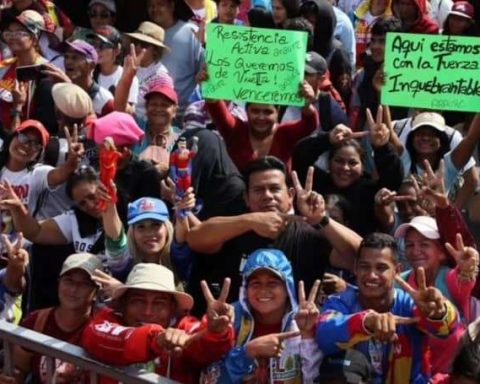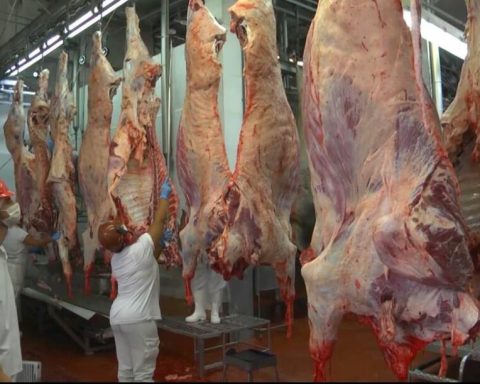The Economic Commission for Latin America and the Caribbean (ECLAC) and the International Labor Organization (ILO) highlighted the delay in the recovery of employment levels prior to the pandemic
The recovery of employment in Latin America after the economic crisis caused by the covid-19 pandemic is being “slow, incomplete and uneven”, lamented in a report the Economic Commission for Latin America and the Caribbean (ECLAC) and the International Organization of the Labor (ILO), two United Nations agencies.
The institutions highlighted the delay in the recovery of employment levels prior to the pandemic compared to the recovery of economic activity; reviewed EFE.
* Read: How did the debt grow in the pandemic in Latin America?
“By the end of 2021, several of the countries (in the region) had recovered their level of GDP prior to the crisis, while employment levels, in many cases, were still below,” they added in the document. Labor Situation in Latin America and the Caribbean.
Details of the Cepal report
After the historical contraction registered in the number of employed persons in the region during 2020 (-8.2%), in 2021 there was a significant recovery in this indicator, which was 6.8% between the fourth quarter of the year and the same 2020 period.
However, despite the considerable increase in employment throughout the year, “only from the fourth quarter of 2021 did the number of employed in the region reach the level recorded at the end of 2019,” according to the report.
The agencies also stated that the labor gaps between men and women have deepened in 2021mainly due to the slow recovery of the activities that concentrate female employment and the greater weight that falls on women in care tasks.
“The crisis generated by the pandemic affected female employment more significantly, registering a setback equivalent to more than 18 years in the levels of the participation rate for women,” the document added.
* Read: ECLAC projects GDP growth for Venezuela in 2022, but it is the worst in the region
future outlook
The pandemic has also had important effects on the evolution of wages in the region, which in 2021 were 6.8% below the levels prior to the health emergency, “further behind those levels than economic activity and employment,” according to the text.
This situation could even worsen in 2022 due to the unprecedented levels of inflation that several countries are experiencing, they warned.
“The activation of instruments such as collective bargaining and the determination of minimum wages is essential, so that salary adjustments can be discussed that allow responding to the needs of workers and companies,” said Mario Cimoli, Interim Executive Secretary of ECLAC. , whose regional headquarters is in Santiago de Chile.
After the economic rebound of 6.3% registered in 2021, the regional GDP will reach an average annual growth of 1.8% in 2022, as projected by ECLAC last April.
Post Views:
13

















